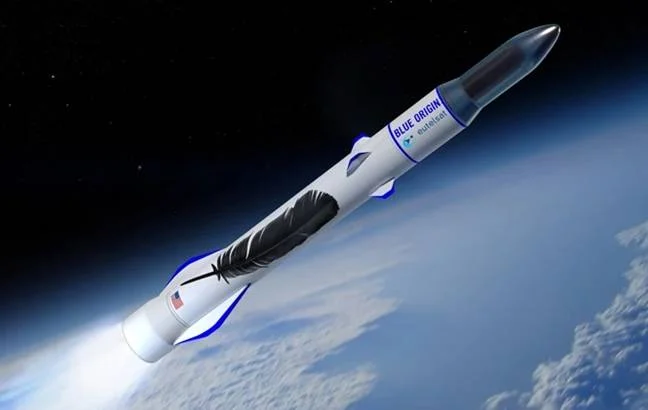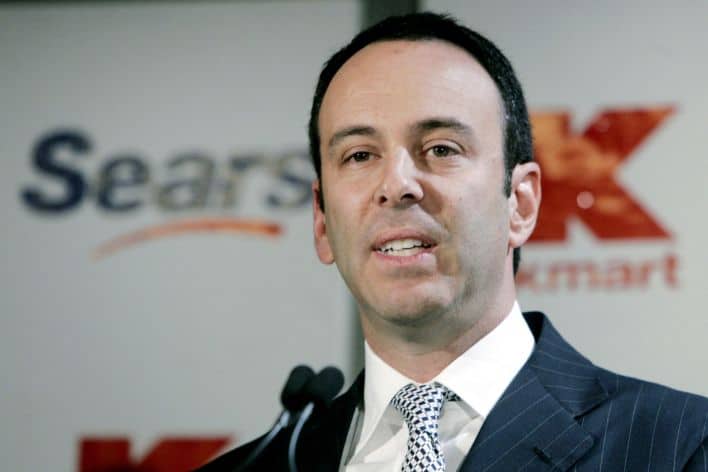
Blue Origin is expected to launch two small Martian satellites as the first-ever interplanetary payload aboard its upcoming New Glenn rocket, NASA confirmed this week.
In February, the Jeff Bezos-owned aerospace biz was awarded the Escape and Plasma Acceleration and Dynamics Explorers (ESCAPADE) contract under the space agency’s Launch Services Program.
ESCAPADE is classified as a Class D mission [PDF], meaning NASA considers it a low priority but high-risk mission. It will accept a “medium or significant risk” [PDF] of not being able to successfully carry out the mission.
NASA estimates the mission cost to be $79 million, a relatively small sum compared to billions it has spent on its more extravagant projects, such as Space Shuttle, the International Space Station, or its James Webb Space Telescope. In other words, it’s not the end of the world if Blue Origin’s New Glenn heavy-lift orbital launch vehicle blows up and destroys its payload in the process.
Bradley Smith, director of NASA’s Launch Services Office, said the ESCAPADE launch has been penciled in for August 2024 during his presentation [PDF] at the latest meeting held by the NASA Advisory Council Human Exploration and Operations Committee.
“It’s an incredibly ambitious first launch for New Glenn and we really appreciate the partnership,” he said, according to SpaceNews. Smith confirmed that the scheduled launch time means that: “We will very likely be the very first launch of New Glenn,” he added.
The ESCAPADE payload includes twin probes designed to study how the energy and momentum of charged particles in solar wind affects Mars’ magnetosphere and influences the planet’s climate. That’s all well and good, but considering Blue Origin has yet to fly its New Glenn rocket in any tests raises uncertainty about whether it’ll be able to deliver the spacecraft on time.
Bezos’ bunch still needs to assemble the 98-meter-long, 7-meter-wide rocket, roll it out onto the launchpad, and complete all the necessary tests to be able to conduct practice flights. And it only has about nine months to do it all if it’s to make the proposed deadline.
“There’s certainly some schedule risk associated with New Glenn getting to the pad,” Smith said, who later declined to estimate the chances that an August 2024 launch would occur.
Smith has plenty of reason to be hesitant. Blue Origin initially planned New Glenn’s maiden flight for 2020 at the earliest, and it is now more than three years later. Engineers overhauled the rocket’s initial design, changing its boosters and engines, which caused the prolonged delay.
New Glenn will be capable of launching payloads of more than 13 metric tons to geostationary transfer orbits that could send payloads further out into space, and 45 tons for satellites flying to low Earth orbits. Compared to rival SpaceX, New Glenn is more powerful than its Falcon 9 but less powerful than its Falcon Heavy launch vehicles.
If the New Glenn blasts off on time, and it’s a big if, Bezos could beat space rival Elon Musk to Mars. This wouldn’t be popular with the SpaceX mogul – but then again, Musk predicted in 2016 his first Mars landing would happen by 2018.























